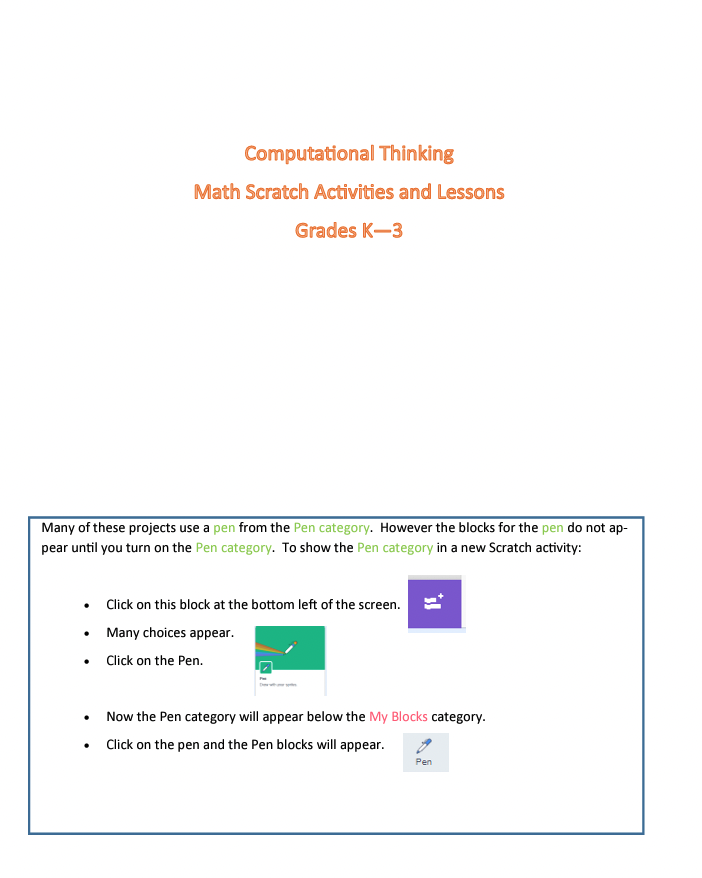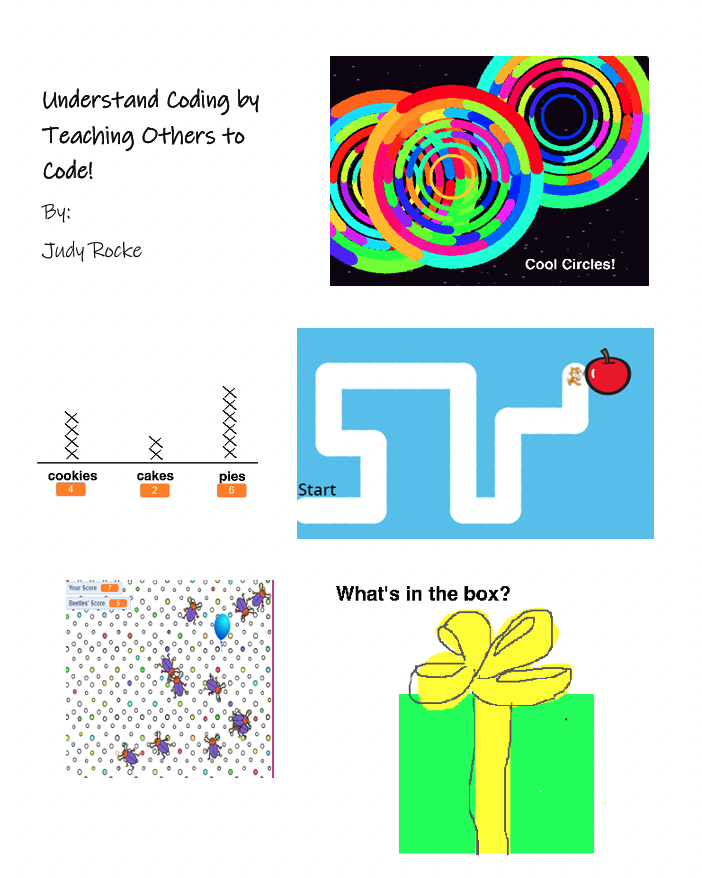Resources

Accessibility Resources
A collection of resources to create more accessible web projects.

BeeSpotter
BeeSpotter is a community science project that invites you to learn about pollinators and engage in a bee data collection effort.
BeeSpotter Resources

Help scientists collect data on bee populations.

Learn about how to spot bees, the biology of bees, and the impact of bees on people.

View bee spottings across the Midwest.

Cyber Resilient Energy Delivery Consortium (CREDC) Education
CREDC Education's interactive activities and lessons help educators and students explore secure and economical power delivery.
CREDC Resources

Explore power and energy usage in the home through this interactive simulation.

Electricity and Time of Use Pricing
Explore how time of use pricing pricing impacts the cost of electricity in a home through this interactive simulation.

Explore how electricity moves through the power grid in this interactive simulation.

Explore the economics and emissions impact of running a power utility company in this interactive simulation.

Explore some issues related to generation, demand, and transmission of electricity in this interactive simulation.

Enter Tesla Town and explore renewable electricity generation and delivery in a hydroelectric plant, solar powered house, and wind farm.

Learn more about power delivery through various hands-on circuitry lessons and projects.

Explore electrical circuits, power systems, sensors, coding, and microcontrollers in this 3-part book series.

A collection of hands-on and online activities, information, and resources regarding solar power.

DarkSky Investigations
DarkSky Investigations is a free online puzzle game inspired by real-life power outages to educate about electricity and cybersecurity.
DarkSky Resources

Analyze electricity data, solve puzzles, and decode information as you investigate a sudden blackout in the City of Edison!

The Facilitator Guide helps teachers and parents reinforce learning objectives as they assist learners playing the game.

Discovering Computer Science & Programming through Scratch
A series of books that teaches the fundamental principles of programming languages with Scratch.
Discovering Computer Science Resources

Discovering Computer Science - Main Curriculum
A curriculum series consisting of 3 books which explore important concepts in computer science while creating a foundation for coding in any language.

Discovering Computer Science - Accompanying Materials
Facilitator Guide and Student Notebooks to accompany the main curriculum series.

Environmental Pathways
Next Generation Science Standards-aligned curriculum units that integrate environmental education into required science content.
Environmental Pathways Resources

Curriculum Unit: Why is the pond green?
Students examine data and maps to ultimately inform the development of a community action plan to prevent algal blooms.

Curriculum Unit: Where does my food waste go?
Students investigate food waste in the school cafeteria and develop an action plan to address food waste in their school or community.

Curriculum Unit: How does a bulb light?
Students investigate the energy system through the entry point of an electric light bulb, then develop a family action plan and a clean energy community information event.

Food Flows
Food Flows is a visualization system mapping how food flows between counties in the United States.

Groundwater Education
A web-based application which allows students to simulate the impacts of groundwater withdrawal on the water table and streamflow.
Groundwater Education Resources

Simulate the impacts of groundwater withdrawal on the water table and streamflow.

Curriculum materials including teacher plans and handouts to use the simulation in your classroom.

GIC Hazard Prediction Pre-college Resources
Project aimed at improving the scientific understanding of the natural hazard posed by Geo-magnetic Disturbances (GMDs) to the power grid. Pre-College resources for online and offline exploration of magnetism, electricity, the power grid, and solar energy.

Learning Trajectories for Everyday Computing (LTEC)
A project that seeks to understand how to integrate computational thinking (CT) into elementary mathematics.
LTEC Resources

Developed based on over 100 CS Ed publications, these Learning Trajectories outline potential learning paths a student can follow or a curriculum can be designed around.

Action Fractions instructional materials
A cohesive sequence of activities aligned with math standards for fraction instruction in 3rd and 4th grade as well as CT learning goals drawn from learning trajectories.

Lessons created by and for school teachers intended for use with the Everyday Math 4 curriculum in grades 1-5.

Mathematics Materials for Tomorrow's Teachers (M2T2)
A set of elementary and middle school level mathematics modules connected to the Illinois Learning Standards in the early 2000s.
M2T2 Resources

Middle School Instructional Materials
A set of middle school level mathematics modules connected to the Illinois Learning Standards in the early 2000s.

Elementary School Instructional Materials
A set of elementary school level mathematics modules connected to the Illinois Learning Standards in the early 2000s.

MSTE Friday Lunch
Presentations on Fridays during lunchtime from Spring 2007 to Fall 2021 covering topics related to math, science, technology, and/or education.
Friday Lunch Resources

A list of all the Friday Lunch presentations from Spring 2007 to Fall 2021, including associated files and videos.

A repository of videos of MSTE Friday Lunch presentations covering topics related to math, science, technology, and/or education.

Project Clarify
A web-based simulation that allows students to model the wastewater treatment process.

Project NEURON
Middle and high school science curriculum materials emphasizing inquiry and active learning.
Project NEURON Resources

Curriculum units that link biology research with national science education standards.

Curriculum-incorporated games, simulations, and videos that spark discussions about scientific phenomena.

Power of the Wind
A set of curriculum materials to help teach students about wind power.

Public Key Cryptography
A resource for learning about modern cryptography methods with a color analogy.
Public Key Cryptography Resources

Public Key Cryptography Lesson
Learn about public key cryptography by simulating a shared secret key exchange using color mixing.

Try to steal a private color using only publicly known colors shared among your targets.

Public Key Cryptography Secret Key Exchange
Create a secret color key with a friend in order to exchange encrypted messages.

Scratch for Young Learners
These lessons develop basic programming concepts through Scratch as they apply computation thinking skills to topics in science and mathematics for K-5 learners. Activities include lesson plans and links to Scratch projects for students and for teachers. Unplugged activities introduce many of the activities.

MSTE Mini-Resources
MSTE Mini-Resources are activities and tools for teachers and students to explore a single topic and help supplement math and science curriculum.




